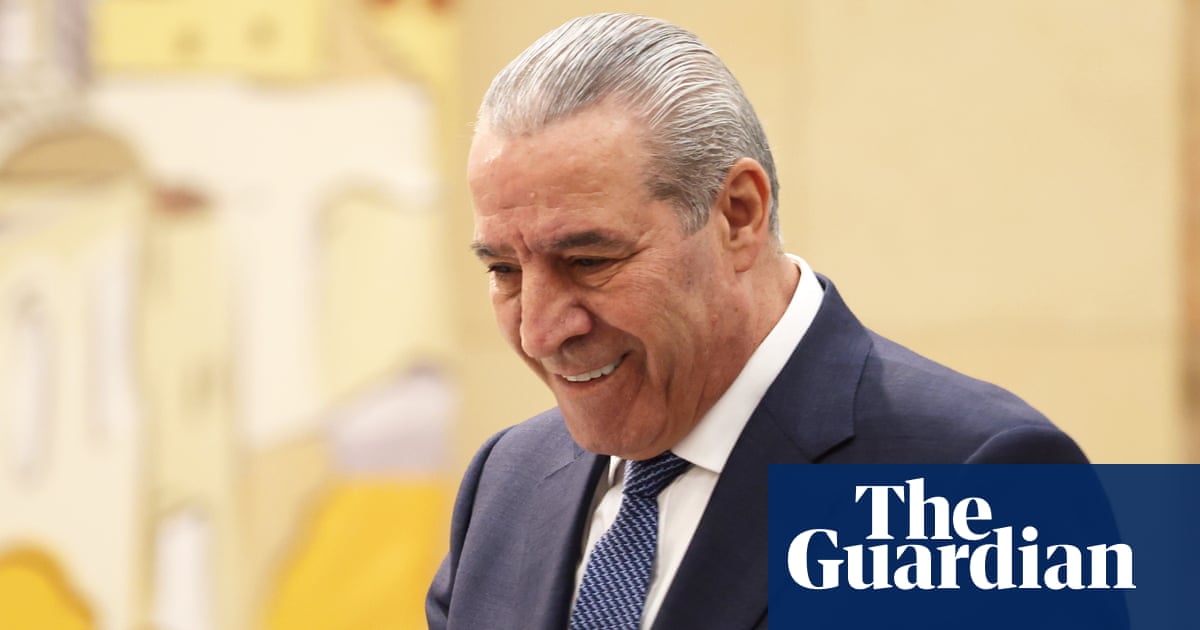Palestinian President Appoints New Vice President Amid Leadership Transition
Palestinian President Mahmoud Abbas names Hussein al-Sheikh as new vice president, signaling possible successor while facing public unpopularity.

Palestinian President Abbas appoints new vice president in major step to naming a successor

Palestinian President Mahmoud Abbas has appointed a new deputy in a major step in naming a successor

Palestinian president names Hussein al-Sheikh vice-president of PLO and his likely successor
Overview
Palestinian President Mahmoud Abbas appointed Hussein al-Sheikh as vice president of the PLO, positioning him as a potential successor. Al-Sheikh's ties to Israel and Arab allies could bolster his influence, but public sentiment remains low towards Fatah. Abbas, seeking to rehabilitate the Palestinian Authority and assert leadership in postwar Gaza, faces challenges from internal politics and external pressures. The PLO must approve any transition, highlighting the complexities of leadership within the Palestinian political landscape as tensions with Hamas persist.
Analysis
Hussein al-Sheikh's appointment as vice president of the PLO positions him as a potential successor to Mahmoud Abbas, but it does not guarantee his future leadership due to internal rivalries.
The continuing unpopularity of Fatah and its leadership raises concerns about their ability to effectively represent the Palestinian people and implement necessary reforms.
Abbas is seen as under pressure to unify Palestinian leadership and assert a more impactful role in Gaza's postwar recovery, amid ongoing challenges from rival factions like Hamas.
FAQ
Hussein al-Sheikh is a veteran aide and secretary-general of the Palestine Liberation Organization's (PLO) Executive Committee who was appointed as the first-ever vice president of the PLO and also vice president of the State of Palestine.
The new vice president role was created to pave the way for a successor to Palestinian President Mahmoud Abbas, allowing the vice president to succeed Abbas in a caretaker capacity if he dies or becomes incapacitated.
The appointment is unlikely to improve public sentiment, as many Palestinians view Fatah as a closed and corrupt movement out of touch with the general public.
Abbas faces challenges including public unpopularity, internal political pressures, the need to rehabilitate the Palestinian Authority, asserting leadership in postwar Gaza, and managing tensions with Hamas and external allies.
The PLO Executive Committee approves the appointment of the vice president and oversees the leadership, while the Palestinian Central Council approved the creation of the new vice president position, emphasizing the bureaucratic and political complexity of leadership transition in the Palestinian political system.